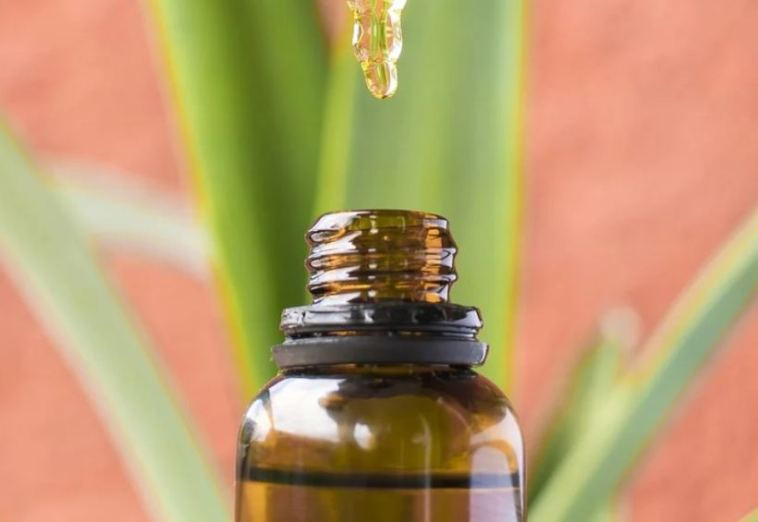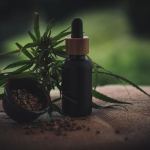- Like
- SHARE
- Digg
- Del
- Tumblr
- VKontakte
- Flattr
- Buffer
- Love This
- Save
- Odnoklassniki
- Meneame
- Blogger
- Amazon
- Yahoo Mail
- Gmail
- AOL
- Newsvine
- HackerNews
- Evernote
- MySpace
- Mail.ru
- Viadeo
- Line
- Comments
- Yummly
- SMS
- Viber
- Telegram
- JOIN
- Skype
- Facebook Messenger
- Kakao
- LiveJournal
- Yammer
- Edgar
- Fintel
- Mix
- Instapaper
- Copy Link
Introduction
CBD is an incredibly popular substance, especially among people interested in natural methods to support their health and wellness.
The number of enthusiasts using it when dealing with muscle pain, inflammation, or sleep troubles continues to increase, and more and more studies are published supporting CBD as a product that can be used for various health ailments.
However, whether you look for THC-P for sale or prefer to shop for THC-free products, you may still stumble upon plenty of misconceptions about CBD.
In fact, it’s not that hard to find people thinking that CBD can get you high or that it’s addictive. None of these is true, so it’s vital for you to be able to separate truth from fiction.
In this article, we’ll take a closer look at some of the most commonly repeated CBD myths.
4 Myths Surrounding CBD that Need to Be Dispelled
Below, you’ll learn more about what can repeat without hesitation and see what’s inaccurate when it comes to cannabidiol.
Myth 1: CBD Is Addictive
Consuming marijuana or cannabis frequently can lead to developing the so-called use disorder (a form of dependence), but there is no evidence that would support claims that CBD by itself is also addictive.
However, even though CBD appears harmless when it comes to addictiveness, it’s still essential to keep in mind that it may cause some other, less significant yet still important side effects.
For instance, people who use it regularly and in higher doses may feel more tired or lightheaded than usual. They may also experience nausea or changes in mood and appetite. On top of that, some people report feeling dizzy or having trouble sleeping if they take too much CBD at once.
That’s not to say that everyone will experience these side effects, but it’s something that should be kept in mind if you intend to use CBD regularly.
Myth 2: CBD Can Make You Feel High
Another common misconception regarding CBD is that it might get you high. Although the terms “cannabis” and “high” are frequently used in the same sentence, and many people automatically associate one with another, it’s not always the case. That’s because CBD, contrary to THC, is non-intoxicating.
Tetrahydrocannabinol is the most well-known intoxicating cannabinoid (THC). It causes a euphoric effect, which is commonly known as “high.” Cannabidiol (CBD), on the other hand, is not the same, and most CBD products don’t contain any THC. Even full-spectrum CBD products must have less than 0.3% THC to be legal, but such a small amount isn’t enough to get anyone high.
As a result, CBD can be used without producing any psychoactive effects, but if you want to make sure that you’re not ingesting any THC whatsoever, it’s safer to simply opt for broad-spectrum CBD or CBD isolate, which is pure CBD.
Myth 3: CBD Has the Same Effect on Everyone
Every person responds to various substances differently. That’s why, despite the fact that CBD has been shown to be useful in dealing with a number of conditions, ranging from inflammation to pain or sleep troubles, not everyone who uses it will experience the same results. CBD certainly isn’t a magical, one-size-fits-all solution that each person can expect to work for them the same way it worked on someone else.
Those who use CBD often talk about its diverse effects. Some mention that it supports managing pain, others claim it improves their sleep, and others view it as a potent anti-inflammatory treatment. One individual may feel nothing after ingesting CBD; another person may sense overall relaxation or pain alleviation.
As you can see, there isn’t a single way that CBD affects people because everyone is unique and has varied responses to different treatments and substances.
Myth 4: CBD Will Give You Incredibly Fast Results
While this statement is accurate when discussing marijuana, some people may feel disappointed upon discovering that it’s not how CBD works. Cannabidiol does not cause the same fast psychoactive effect that smoking or vaping cannabis does.
The majority of users claim that effects usually start to show after using CBD consistently for a few days or weeks. This means that you may need to stay patient when waiting for your newly purchased products to work.
The advantages of CBD are primarily about the effects that add up over time as you’re using the product of your choice rather than the immediate results you can feel right away. The key to this situation is patience. Still, daily use of CBD can help keep symptoms like inflammation, anxiety, or sleeplessness under control, so it might just be the case of waiting for the desired results.
In Conclusion
As you can see, not all claims made concerning CBD are true. You may now relax if you were concerned about whether or not it will get you high, if it is addictive or whether you will experience the same side effects as someone else did.
Still, it’s important to keep in mind that the magical solution to all of your health issues does not lie in CBD. It undoubtedly offers certain advantages, but it is hardly a panacea. Results of using products enriched with this compound actually differ from person to person.
It is still thought to be an excellent way to support your health and well-being. As a result, you may utilize CBD-based products to your benefit, but make sure to talk to your doctor about a safe dosage first and listen to their recommendations.


